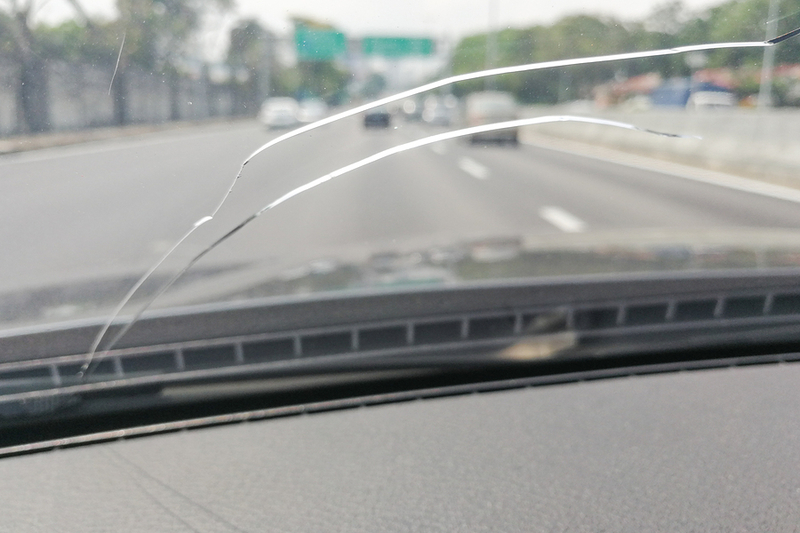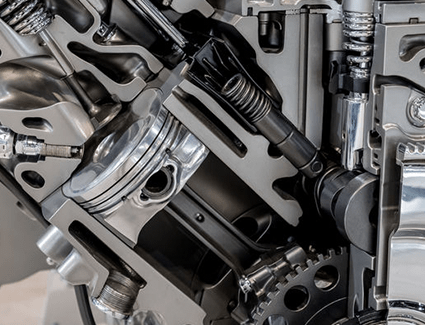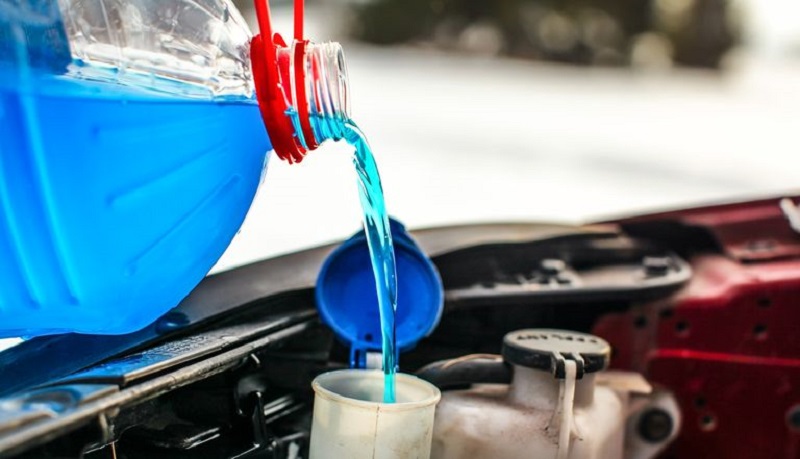Can I Trade in a Car That Needs Repairs
Yes, you can trade in a car that needs repairs. Dealerships will assess the vehicle’s condition and adjust the trade-in value accordingly.
Trading in a car, even one that needs repairs, is a common practice in the automotive industry. It’s an accessible option for owners seeking to upgrade their ride without the hassle of repairing or selling their old car privately. A car in need of repairs often has its value determined by the anticipated cost of those repairs minus its present value.
Keep in mind that a dealership will likely offer less than the market value due to the work required to make the car saleable. This process simplifies the transition to a new vehicle, making the trade-in approach appealing for those needing a quick and straightforward solution, especially if facing significant repair bills for their current car. Always consider the trade-in offer against the potential benefits of repairing and selling privately to ensure the best financial decision.
Introduction To Trading In A Damaged Vehicle
Thinking of trading in a car with damage? It’s an option on many car owners’ minds. A vehicle with dents, dings, or mechanical issues still holds value. Through trade-in, owners can ease into a new purchase. Yet, details merit a closer look. Understand what’s involved in trading a damaged vehicle to make the best decision.
Risks And Considerations
A damaged car trade-in can come with risks. Transparency about the car’s condition is crucial. Dealers will inspect the car. They might find issues not immediately apparent. This could change the offer. It’s essential to prepare for the evaluation and potential negotiation that follows.
- Dealers’ assessments may vary.
- Repairs could be costlier than expected.
- Trade values offered may seem low.
Considering these points will help set realistic expectations.
Potential Impact On Trade-in Value
Auto conditions directly impact trade-in values. A damaged car will command a lower value. The extent of damage plays a significant role.
| Damage Type | Impact Level |
|---|---|
| Minor dents and scratches | Moderate |
| Major mechanical issues | High |
| Total body damage | Severe |
The dealer’s repair costs are deducted from the value. This reduces the trade-in offer. Always check the market value and repair costs before proceeding.

Credit: www.bankrate.com
Knowing Your Vehicle’s Worth
When deciding to trade in a car with issues, understanding its value is crucial. A car needing repairs might seem less valuable. Yet trade-in is still possible. Learn how much your car is worth even with those repairs pending. This insight guides to a smarter trade-in choice.
Understanding Depreciation
All cars lose value over time. This loss in value is depreciation. The car’s brand, model, use, and condition affect how fast its value drops. Even in perfect shape, a car’s value decreases simply because it’s older.
- Brand reputation plays a role.
- Model popularity affects resale value.
- Usage and condition are key factors.
Calculating The True Cost Of Repairs
Identifying your vehicle’s repair costs helps in evaluating its trade-in worth. Start with a detailed inspection by a mechanic. They’ll give an estimate for fixing any issues. Use this information to assess whether repairs increase the trade-in value or not.
| Repair Needed | Estimated Cost |
|---|---|
| Paint Job | $500 – $1,500 |
| New Tires | $400 – $1,000 |
| Brake Repair | $300 – $700 |
Compare the cost of repairs with the increase in trade-in value. A significant increase means repairs might be worth it. A small increase suggests trading in as-is could be better.
Options For Trading In
Are you thinking of trading in your car with some issues? You have options. Let’s break down the ways to trade in a car that needs repairs.
Local Dealerships Vs. Private Sales
Choosing between a dealership and a private sale matters. Each has pros and cons.
Dealerships offer convenience but may give you less value for a car with problems. They handle paperwork and can offset the trade-in value on your next car purchase.
Private sales can bring higher offers. Yet, they need time and effort from you. You must advertise the car, meet potential buyers, and manage transfers yourself.
| Local Dealerships | Private Sales |
|---|---|
| Quick and easy | Potentially more money |
| Less paperwork for you | More control over sale price |
| Possible lower offer | Requires time and marketing |
Online Trade-in Platforms
Online platforms provide another convenient way to trade in your car.
Advantages: You can get instant offers from the comfort of your home. They may also arrange for car pickup.
Some popular online platforms to consider:
- Carvana
- Vroom
- Autotrader
Check each platform’s policy on cars needing repairs. Be transparent about your car’s condition for a smooth transaction.
Preparing For The Trade-in Process
Thinking about trading in your car that needs repairs? Preparing for the trade-in process is key. This guide will take you through step-by-step.
Gathering Necessary Documents
Documents matter when trading in a car. Make sure to have all paperwork ready. Here’s a checklist:
- Title: This is your proof of ownership.
- Service records: They show how well you maintained the car.
- Loan information: If you still owe money on the vehicle.
- Registration and insurance: Current documents are a must.
Having these documents streamlines the process. It demonstrates responsibility and could potentially increase your car’s trade-in value.
Presenting The Car In Its Best Light
First impressions count. Present your car well. Follow these tips:
- Clean thoroughly: A spotless car looks appealing.
- Fix minor issues: Small repairs can lead to a better offer.
- Remove personal items: Buyers want to envision the car as theirs.
Think of it as a job interview for your car. You want it to look its best. A well-presented vehicle might fetch a higher price.
Negotiation Strategies
Entering a trade-in negotiation can seem daunting, especially when your car has a few bumps and bruises. Understanding how to play your cards right with repair issues and timing can significantly impact the deal. Below are some strategies to ensure you drive away with the best possible outcome.
How To Handle Repair Issues In Negotiations
- Assess the damage – Know the extent and cost of the repairs your car needs.
- Get quotes – Arm yourself with repair estimates from trusted mechanics.
- Be transparent – Honesty about your car’s condition builds trust with the dealer.
- Highlight positives – Emphasize the car’s strong points to counterbalance repair concerns.
- Show flexibility – Be open to compromise and come across as reasonable in your ask.
Use these points to steer the conversation. Dealers expect some negotiation, so don’t shy away from discussing repairs.
Timing The Trade-in For Optimal Value
- Market research – Determine when your car’s model is in high demand.
- Seasonality – Consider seasonal trends that may affect your car’s value.
- Mileage milestones – Trade-in before hitting major mileage markers.
- New model releases – Avoid trading in right when a new model is released.
Strategic timing could mean more value for your trade-in. Keep an eye on market conditions and move quickly when the time is right.
Alternatives To Traditional Trade-ins
It is common to trade in cars when buying a new one. Yet, a car needing repairs complicates things. Dealers might offer less for a car that isn’t in top shape. Luckily, owners have other options to consider when their trade-in isn’t perfect. Let’s explore smart alternatives you can use right now.
Selling For Parts Or As A Project Car
Direct selling could be more profitable than a trade-in, especially for cars needing repairs. Many buyers specialize in buying “fixer-upper” cars or seek out parts to repair other vehicles.
- List your car on specialized forums where DIY mechanics and restorers frequent.
- Highlight the car’s valuable parts, such as a recent transmission or new tires.
- Be transparent about the condition. Use clear photos and detailed descriptions.
Remember to price your car competitively. Take into account the costs for potential repairs.
Donating Your Car For A Tax Deduction
Donation is a noble alternative to trade-ins. Not only does it help charitable causes, it can also provide a tax deduction. Organizations often accept cars “as is” and the paperwork is simple.
- Choose a recognized charity that accepts car donations.
- Ensure the charity is eligible for tax deductions. A quick IRS check can verify this.
- Transfer titles and get a receipt. This proves donation for your tax records.
Consult with a tax professional to maximize your deduction. They can guide you through the process.

Credit: www.thompsonsales.com
Frequently Asked Questions For Can I Trade In A Car That Needs Repairs
Can You Trade In A Damaged Car?
Yes, you can trade in a car with damages. However, the trade-in value may be reduced based on the cost of the necessary repairs. Dealerships will assess the car’s condition and estimate repair costs, which they’ll factor into the trade-in offer.
Do Dealers Accept Cars With Mechanical Issues?
Dealers usually accept trade-ins with mechanical issues. They will evaluate the severity of the issues and offer a lower trade-in value to account for repair expenses they will incur before reselling the vehicle.
How Does Car Condition Affect Trade-in Value?
The overall condition of a car greatly influences its trade-in value. Cars in excellent condition fetch higher trade-in offers while those needing repairs are valued lower, as dealers consider the costs involved in refurbishing the vehicle.
What Should I Fix Before Trading In My Car?
It’s wise to fix minor issues, like small dents or scratches, before trading in your car. Larger, more expensive repairs may not increase the trade-in value enough to justify the repair costs, so consider leaving those as is.
Conclusion
Trading in a car with issues isn’t out of the question. Dealers often accept such vehicles, adjusting trade-in offers to reflect repair costs. Remember, transparent communication about your car’s condition can lead to a smoother transaction. Before heading to the dealership, assess your vehicle’s status and consider its trade-in potential.




